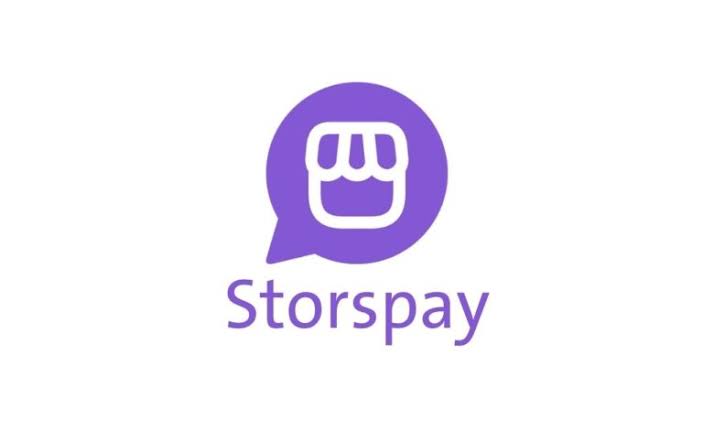Storspay, a Nigerian finance firm, has funded $320,000 and has been accepted into the Techstars NYC accelerator programme. The new startup has created a decentralised retail lending infrastructure solution for the Internet.
The platform’s goal is to link small businesses all around the world with individual investors interested in investing in alternative assets. This will benefit business owners who want to expand yet need less money to do so.
Furthermore, Storspay’s platform enables small businesses to pay for working capital and inventory in a timely and secure manner by exchanging money across borders.
The purpose of the new organisation is to improve the financial health of business owners all around the world by implementing a decentralised loan system via the Internet.
While inflation in North America continues to eat away at people’s savings, small business owners in developing economies struggle on a daily basis to find the capital they need at affordable rates to expand their operations.
Storspay Benefits from the Programme
JP Morgan Accelerator supports Techtar’s NYC accelerator course, which is a 13-week fundraising and mentoring programme. The goal of the programme is to help startups that want to grow faster get their next round of funding. Also, this is part of the $320,000 round of funding that will help the company grow its platform.
Storpay thinks it can have a big economic and social effect by building a decentralised retail lending platform that uses stablecoin to spread prosperity around the world. People from one part of the world will be able to help people from another part of the world and make more money at the same time through the tool.
In his response, the company’s founder and chief executive officer (CEO), Sam Alonge, restates the company’s goal. “Our goal is to help people around the world improve their income situation.
We at Storspay think that by building a decentralised retail loan platform that uses stablecoin to spread the wealth around the world, we can have a huge economic and social impact. We will make it possible for regular people on one side of the world to help regular people on the other side of the world and make more money doing it.”
Storspay wants to shake up the standard lending market and give small businesses a new way to get affordable capital.
The decentralised structure of the platform will also give borrowers and lenders more security and clarity.
About Storspay
Nigerian FinTech Storspay is constructing internet-based decentralised retail lending infrastructure. Our stablecoin Aan PIs streamline retail investor lending to small enterprises worldwide.
North American retail investors can lend to participating merchants worldwide using a debit or credit card and their phone.
They provide a 3x savings account yield. By staking their balances to be lent at low rates to network merchants, users can earn better interest than their bank.
By implementing new paradigms, such as borderless instant lending, zero fees, community-driven higher interest income on user staking, and lower rates on merchant borrowing, we are developing a new way for businesses and retail investors to exchange capital that puts them at the centre of the transaction and eliminates the frictions of the current system.
Storspay, backed by Techstars and J.P. Morgan, is building Stripe for cross-border retail lending to small businesses worldwide.


